The History Behind New York’s “The Big Apple” and Other City Nicknames

Why is New York called “The Big Apple”? What’s so easy about New Orleans? And is Chicago really that windy? Well, for as long as we can remember, certain cities in the United States and around the world have gone by nicknames that are so widely used, they’re as well-known as the actual names the cities themselves. And while these nicknames have become incredibly common, many people don’t know exactly how or why these cities earned their handles in the first place. To put some history behind these names, we did some digging to determine how some of the world’s most famous cities got their unique and iconic monikers.
1
New York City: The Big Apple
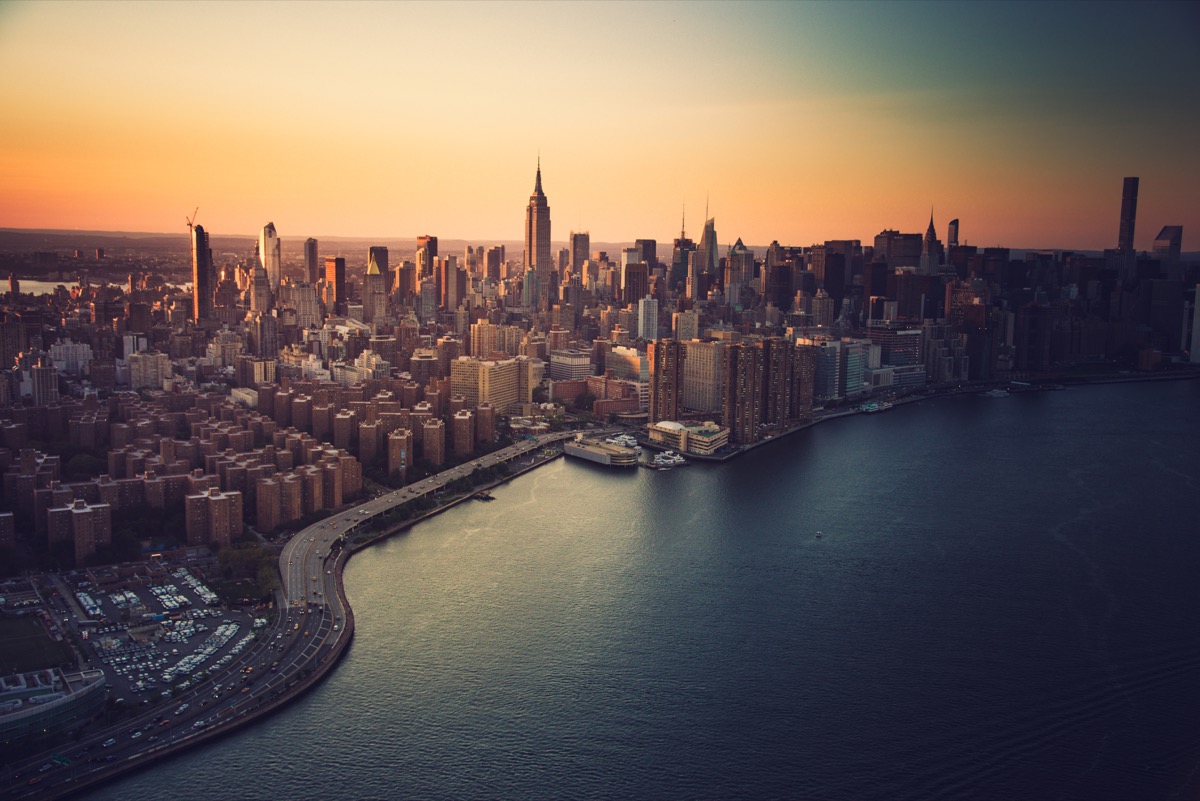
If you go to New York City expecting oversized apples, you might be disappointed. It turns out, the nickname’s origins actually have nothing to do with fruit and everything to do with horse racing, according to History. During the 1920s, a horse racing reporter named John Fitz Gerald heard stable hands from New Orleans saying they were going to “the big apple,” referring to New York City, where the race tracks were seen as the big leagues in horse racing. Gerald started using the moniker in his newspaper columns, and by the 1930s, jazz musicians had also adopted it to indicate that the city was home to big-league music venues.
Then, in the early 1970s, Charles Gillett, president of the New York City Convention and Visitors Bureau, started using the moniker as part of a tourism campaign to soften the city’s image since New York was known for its high crime rates and economic troubles at the time. And soon enough, hats, t-shirts, and pins branded with apples were selling all over the city.
2
Paris: The City of Light
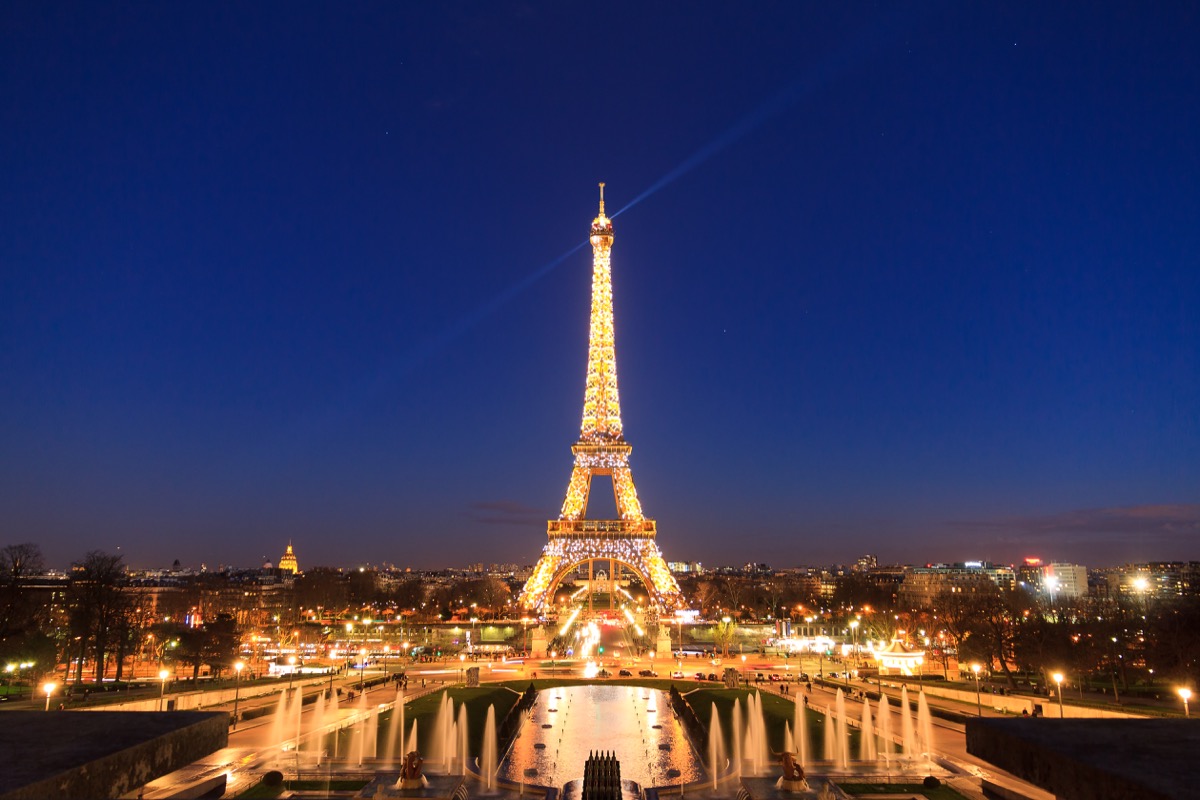
Paris has often been called “The City of Love” for its undeniably romantic atmosphere, but its most common nickname is “The City of Light.” And while it may seem like it’s dubbed as such due to the dazzlingly illuminated Eiffel Tower, the origins of the name have nothing to do with actual light—natural or manmade. Instead, according to Britannica, the city’s nickname refers to Paris’ central role in the Enlightenment, the European intellectual movement during the 18th century.
3
Los Angeles: The City of Angels

Los Angeles was originally settled by indigenous tribes, according to the experts at History. But in 1769, explorer Gaspar de Portolá established a Spanish outpost in the area, naming it “El Pueblo de Nuestra Señora la Reina de los Ángeles de Porciúncula,” meaning “The Town of Our Lady the Queen of the Angels of Porciúncula.” Eventually the name was Americanized to become “Los Angeles,” and it was dubbed “The City of Angels,” thanks to its direct Spanish-to-English translation.
4
Rome: The Eternal City
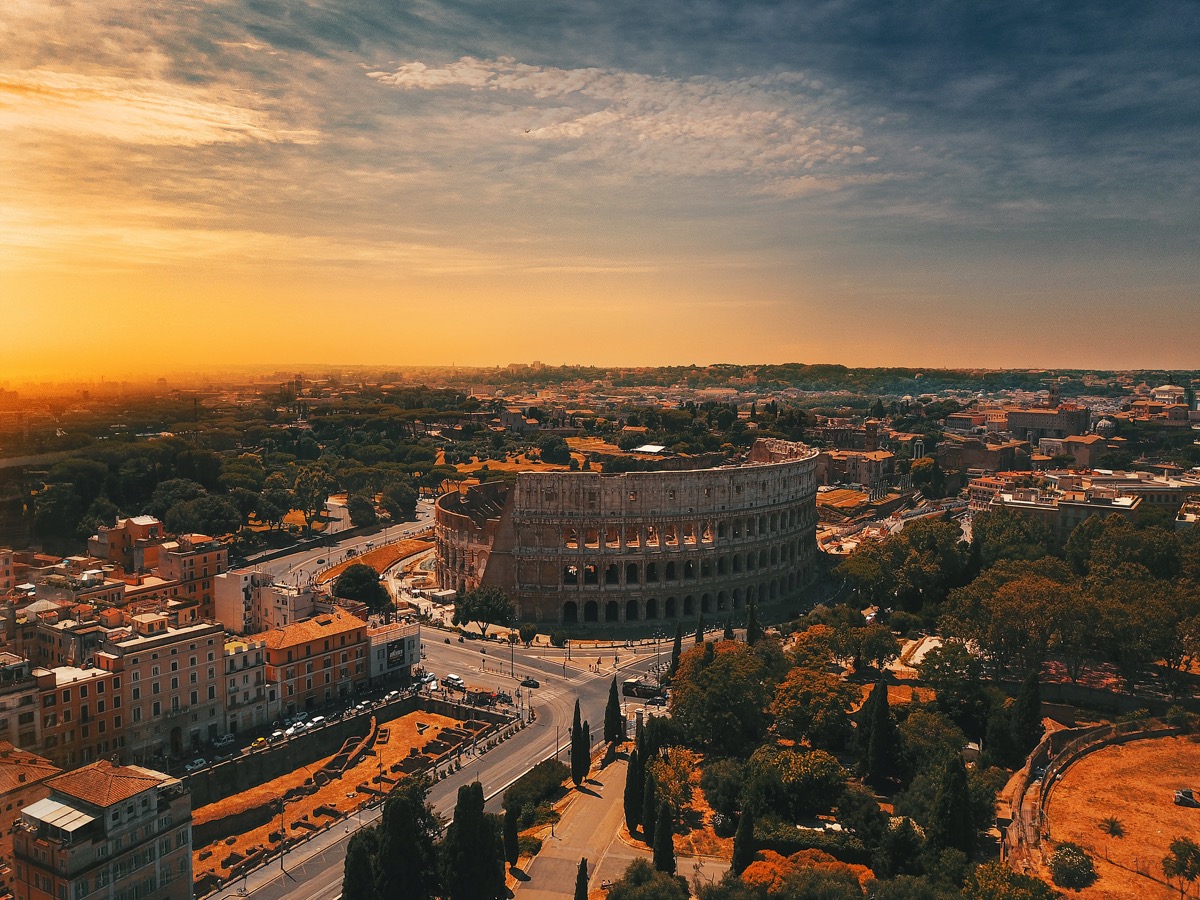
The historic Italian city’s nickname traces back to an ancient myth that Romans were so convinced of their city’s greatness that they thought nothing could ever bring it down, according to Culture Trip. But some scholars believe that it was the poet Tibullus who was the first to directly refer to Rome as the “Eternal City” in the 1st century B.C.
5
Philadelphia: The City of Brotherly Love
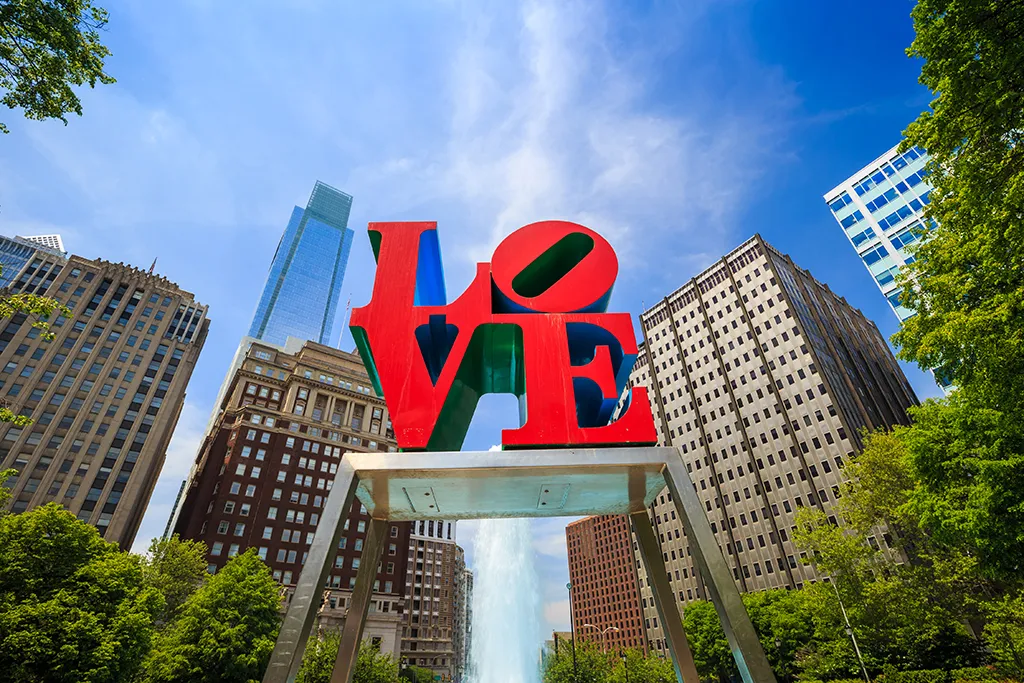
The origins of Philly’s nickname are pretty straightforward. The city’s founder, William Penn, landed on the name “Philadelphia” by combining the Greek words for love (phileo) and brother (adelphos). Thus the nickname “City of Brotherly Love” was born.
6
Boston: Beantown
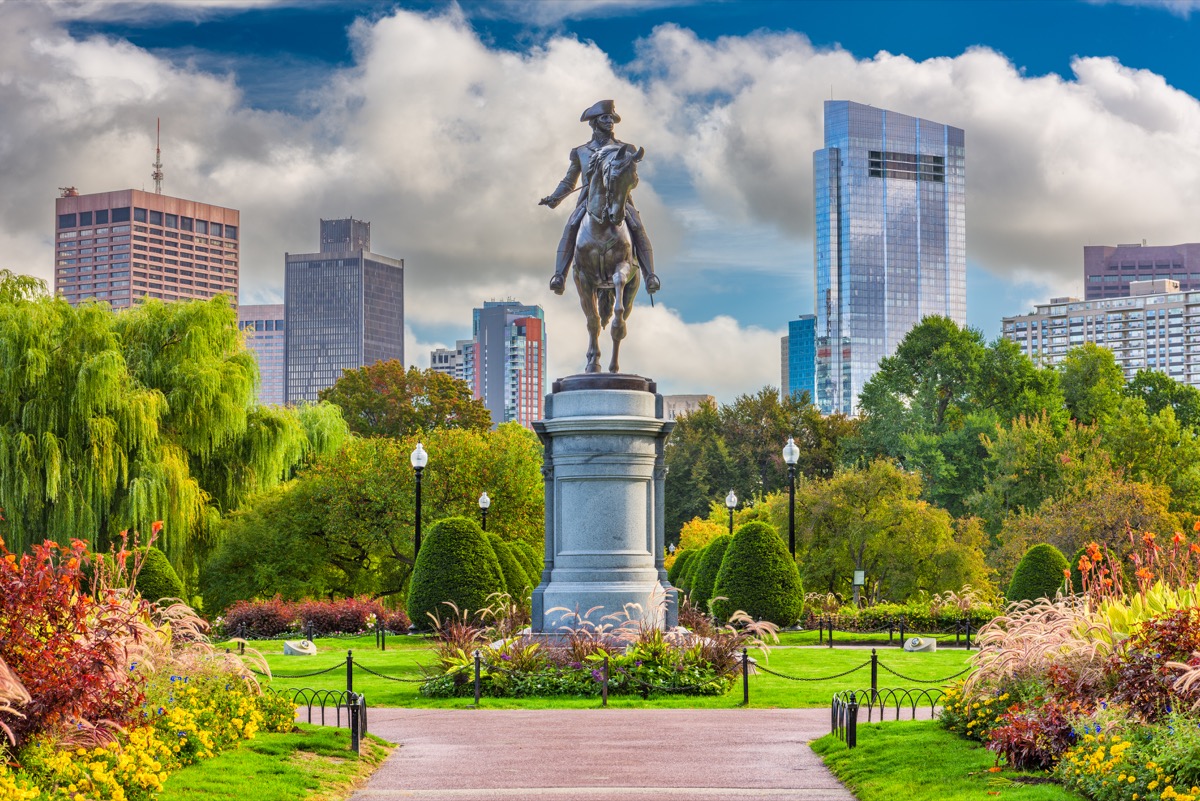
Unsurprisingly, the New England city’s nickname is all about Boston’s famous baked beans. According to Britannica, in colonial times, Boston was a stop on a major trade route with the West Indies, which was bringing in steady shipments of Caribbean molasses. All that molasses sparked the creation of the now-famous dish—baked beans cooked in molasses—and along with it, the city’s new moniker.
7
New Orleans: The Big Easy
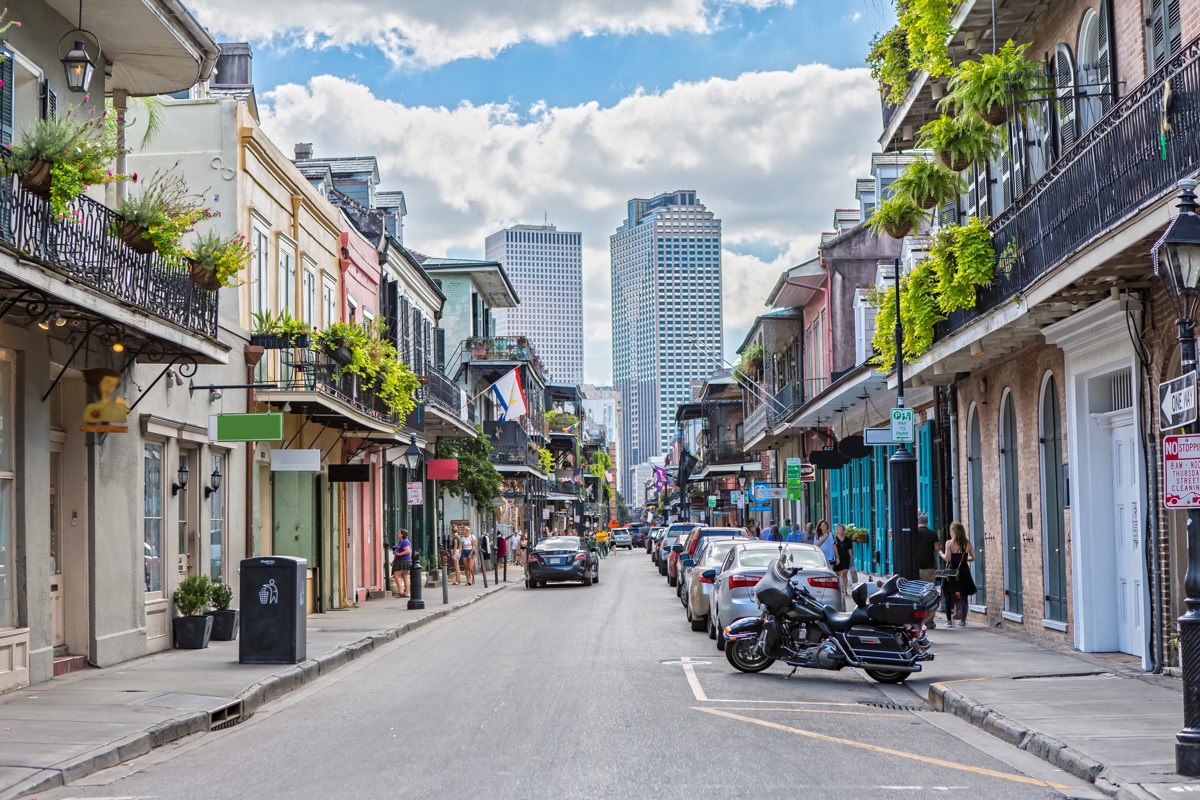
New Orleans may be called “The Big Easy,” but the nickname’s origins are actually a bit complicated, seeing as there are several theories. According to Culture Trip, some credit the city’s gossip columnist Betty Guillaud for coining the name when comparing the city’s relaxed state of living to that of “The Big Apple” in the late 1960s.
Others believe the name comes from the city’s reputation as a musical safe haven—an easy place for struggling musicians to book gigs. And still, there are those who say it was James Conaway’s popular 1970 crime novel, The Big Easy, that popularized the handle. While its origins may not be completely clear, the nickname definitely fits ‘Nawlins and its culture like a glove.
8
Chicago: The Windy City
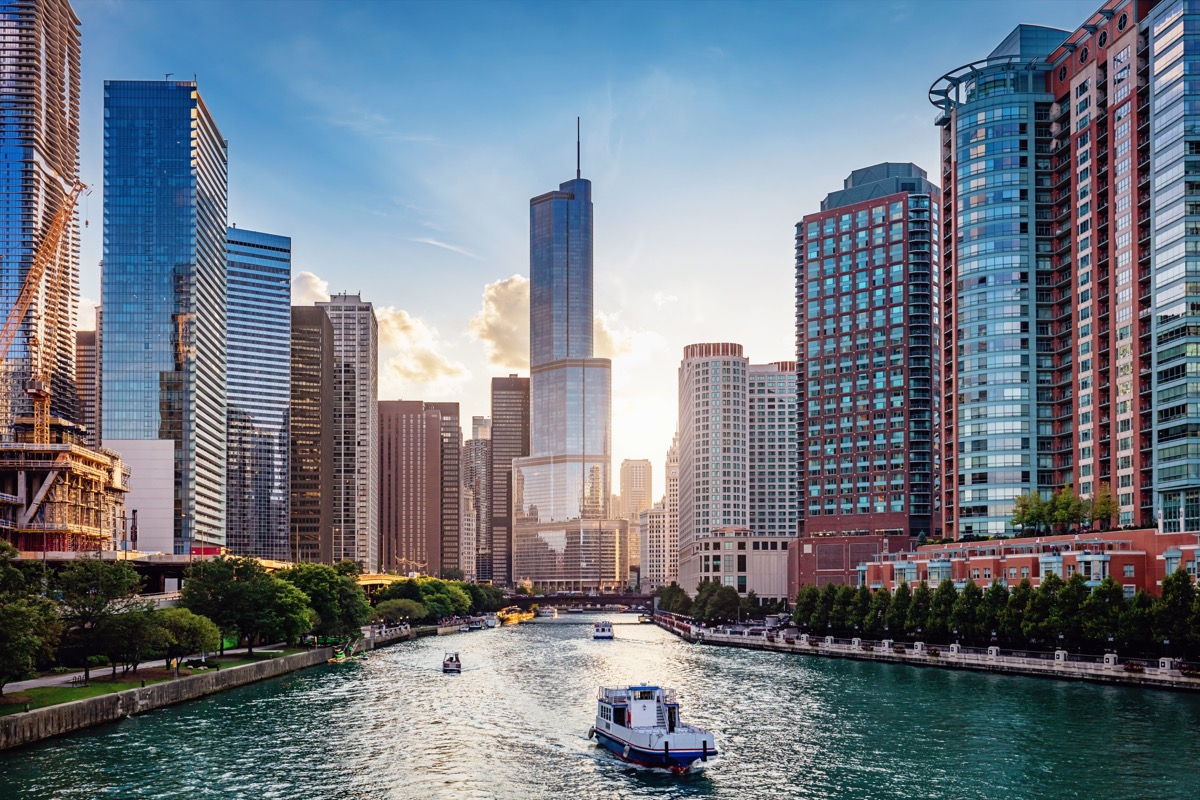
Chicago’s nickname origins aren’t that clear either, but one thing’s for sure: The city isn’t the windiest. According to a 2017 Chicago Tribune article, the city actually only ranks 12th on the list of America’s windiest cities. However, there are some potential theories as to how Chicago got its nickname.
Many credit Charles Dana, former editor of the New York Sun, for coining the term when writing an 1890 editorial about Chicago being “windy” because it was home to politicians “full of hot air,” History notes. However, others debunk this, saying the term was around before then, pointing to a Cincinnati Enquirer headline from 1876 that called Chicago “The Windy City” in reference to a tornado that had hit the metropolis.